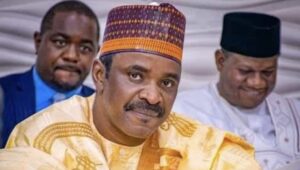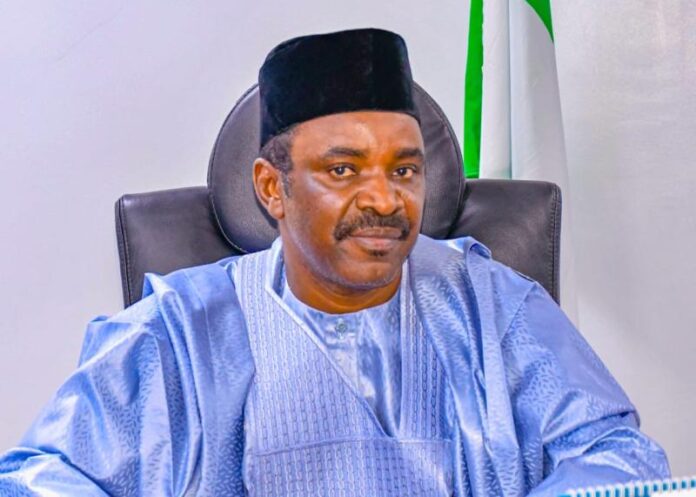The Minister of Transportation, Senator Sa’id Ahmed Alkali, has emphasized the importance of each state in Nigeria developing its own transport policy to foster a robust and efficient transportation sector nationwide.
During the Kano State Transport Policy Dialogue organized by the State Government, Senator Alkali commended the state for taking the initiative and assured them of the Ministry’s support in finalizing their policy.
Furthermore, he encouraged other states across Nigeria to follow suit and begin the process of developing their own transport policies.
This approach will contribute to the overall development of a well-structured and integrated transportation system for the country.
Senator Alkali highlighted the trailblazing efforts of states like Lagos and Kano, which have already recognized the need for a comprehensive blueprint to guide their transportation decision-making processes.
He expressed satisfaction that Kano State, in particular, had embraced the resolutions of the recent 18th National Council on Transportation (NCT) and organized the commendable dialogue.

The Minister emphasized that the current administration’s goal of establishing a reliable, secure, environmentally friendly, efficient, and affordable transport system is gradually being realized.
This development aligns with the state’s commitment to reform the public transport sub-sector and introduce a safe, reliable, and efficient inter-modal public transport system in line with global best practices.
In his address, Kano State Governor, Abba Yusuf, highlighted the government’s transportation transformation projects, including the construction of the first three-number flyovers at Kofar Nasarawa, Obasanjo Road, and Murtala Muhammed Way. These infrastructure developments aim to alleviate traffic congestion and enhance convenience for motorists.
Overall, the Minister’s call for each state to develop its own transport policy signifies a step towards a well-coordinated and efficient transportation system across Nigeria.
The efforts of states like Kano in implementing modern transportation policies contribute to the realization of this vision.




